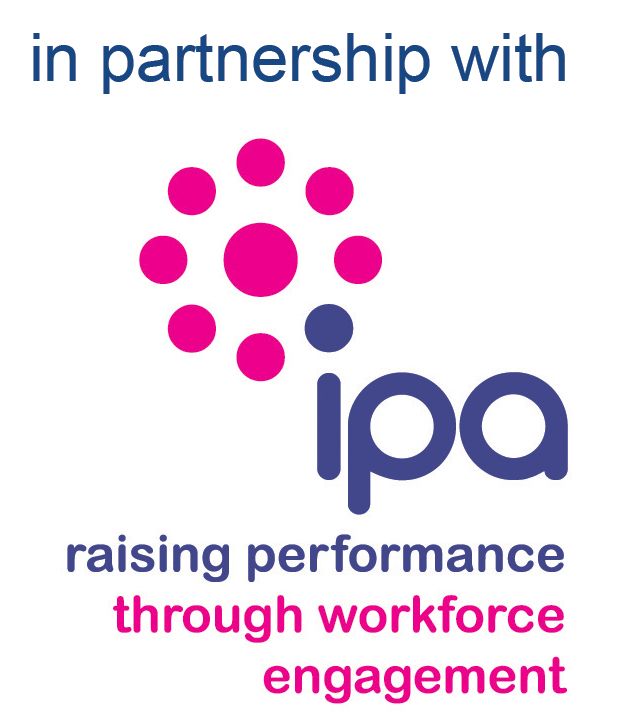Careers provision in colleges
This report considers how careers provision is organised in college settings, what 'best practice' looks like, and aims to identify the key principles that underpin effective provision.
This report presents the findings of research conducted by IES into careers provision in colleges. Funded by the Careers & Enterprise Company, the research involved a rapid evidence review, supplemented with six expert interviews, and considered how careers provision is organised in college settings, what ‘best practice’ looks like, and aimed to identify the key principles that underpin effective provision.
The post-16 education sector in England has seen a period of substantial policy reform, including the introduction of the 15 new technical education routes and T-level qualifications, and, with regards to careers guidance in schools and colleges, new guidance from the Department for Education and an updated set Gatsby Benchmarks which define what good careers guidance looks like. In this context, the report considers the impact of careers provision in colleges, and offers practical guidance for colleges to embed the good practice identified in the research.
It highlights the effect that careers provision can have on both education and employment outcomes. It also considers how employability skills and personal effectiveness skills, such as resilience and confidence, can be encouraged through careers provision and interaction with careers guidance professionals, teachers and college alumni. The report also offers colleges some key lessons to follow best practice, such as ensuring the visibility of the careers team, tailoring and targeting provision, and creating structured evaluation and review processes.

